In this Q&A with Vancouver-based clinic Life Story‘s Hayne Kim, RN, we dive into the world of Botox longevity and how it varies from patient to patient. Discover the key factors that influence how long Botox lasts, including lifestyle, skin type and more. Get expert insights into maximizing your results and understanding Botox’s unique effects. —Noa Nichol
Can you explain what factors influence the longevity of Botox results in different individuals?
There are many factors that can affect the longevity of a neuromodulators (Botox/Dysport) treatment.
- Frequency and intensity of exercise. People who engage in high-intensity and aerobic type exercises may metabolize the product quicker.
- Lower dosing usually means more frequent treatments and typically shorter longevity of product.
- Metabolism itself can be a factor. Some people naturally metabolize the product faster.
- Lifestyle factors (smoking, stress management, hydration, nutrition, sun exposure) can play a role due to the effects of stress on the body’s overall health and skin condition
- Some studies have shown that zinc deficiency can affect overall duration.
What role does muscle strength play in determining how long Botox lasts in different areas of the face?
Essentially, stronger muscles require a higher dosing.
Are there any tips or treatments that can help prolong the results of Botox for your patients?
- Properly following aftercare instructions from your injector
- Skin health such as consistent skincare such as Vitamin C, retinol and SPF
- Zinc supplements
How long does Botox typically last?
On average we see 3 months. But can range from 2-6 months.
What’s a good age for me to start Botox?
There is no set age to start getting neuromodulators. It is all up to personal preference but we recommend if you have strong dynamic movement in certain areas and want to help soften the appearance of static lines it is a good sign to start. At Life Story we have clients ranging from their 20s to their 80s.
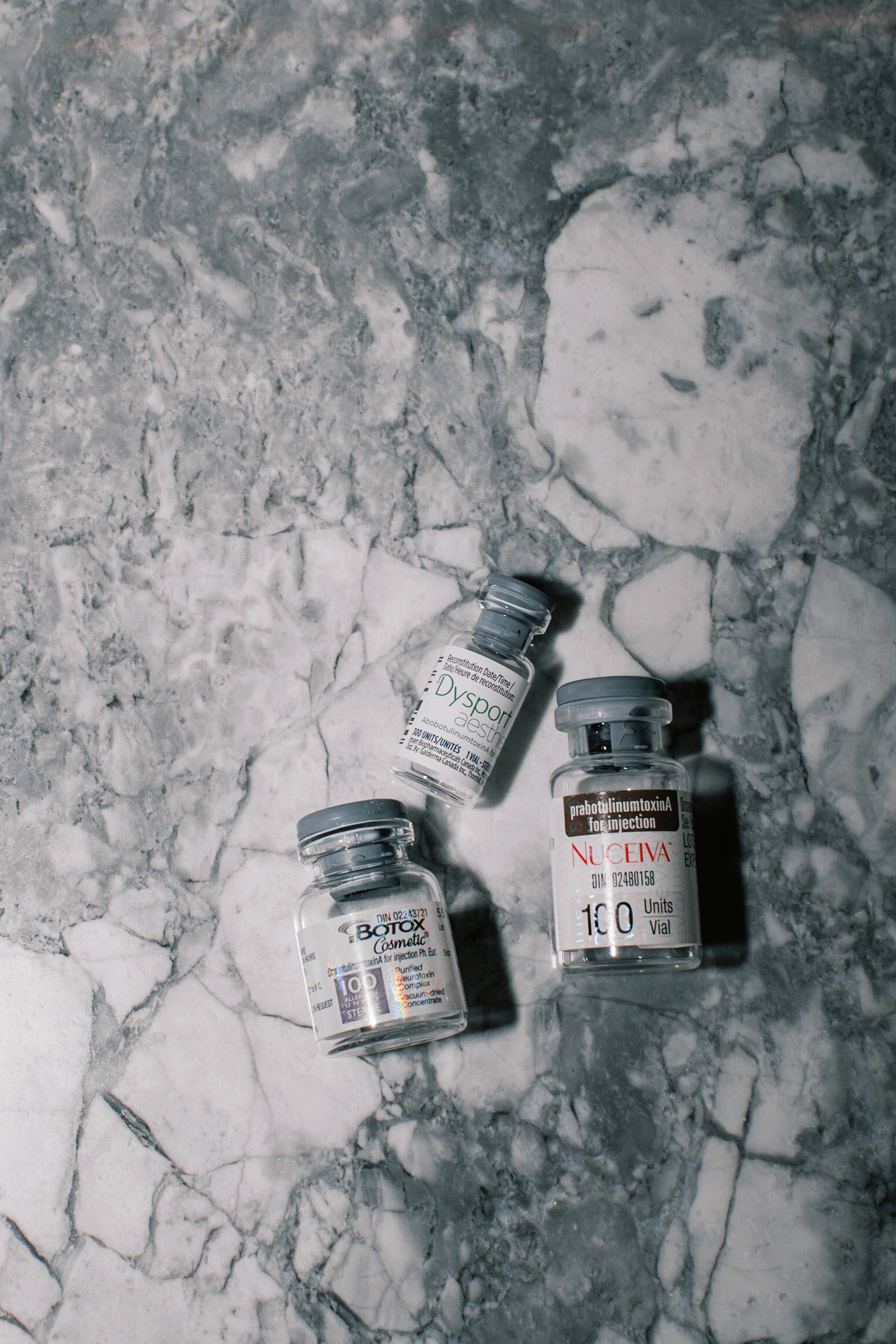
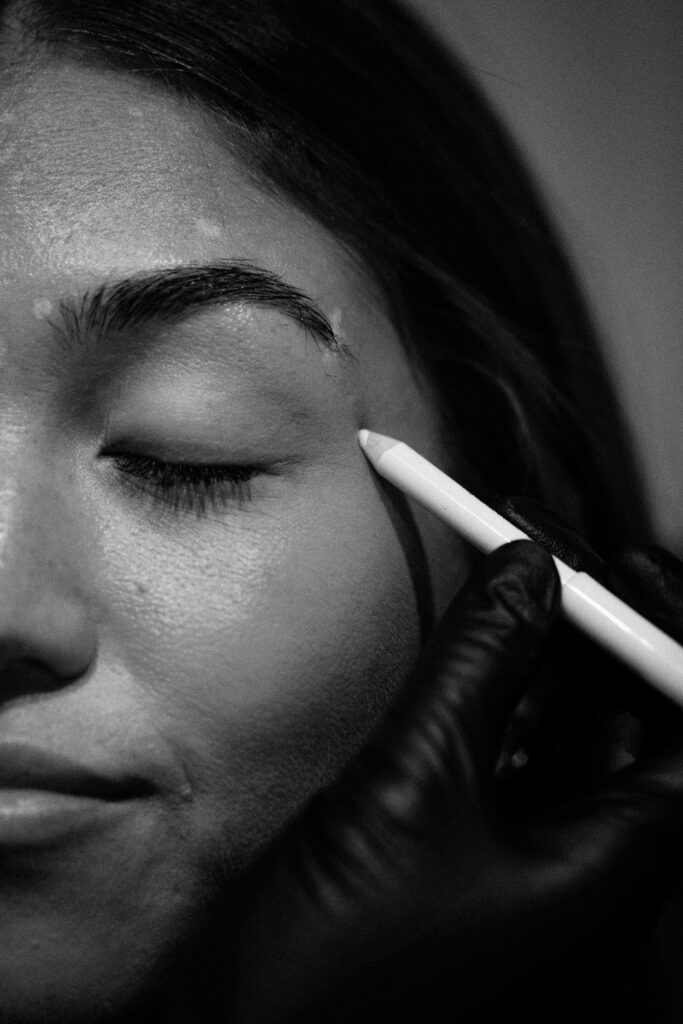
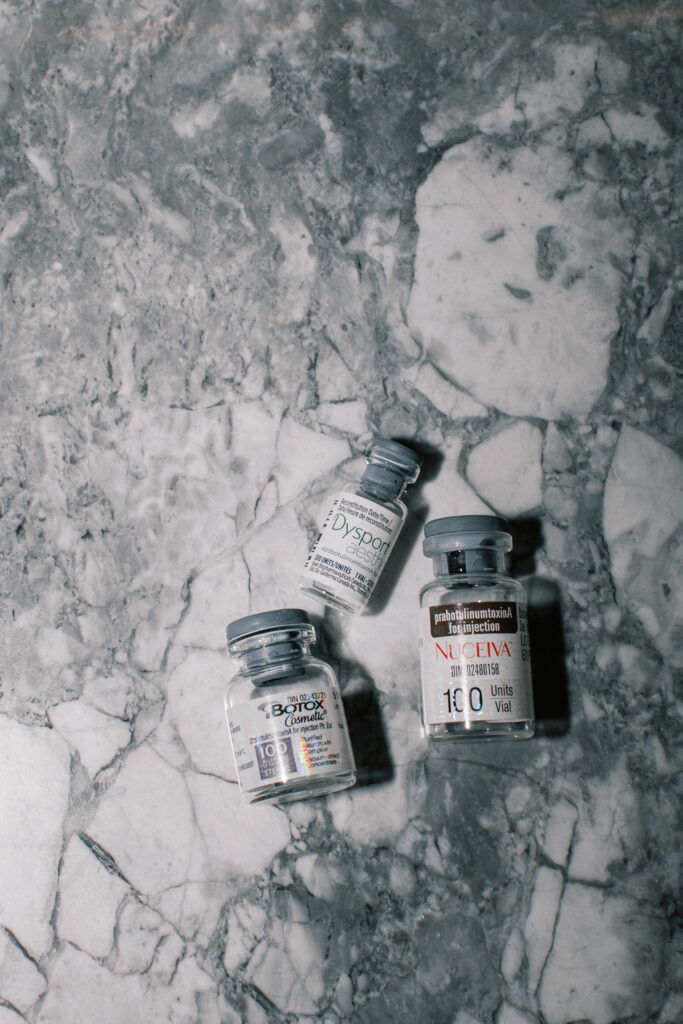
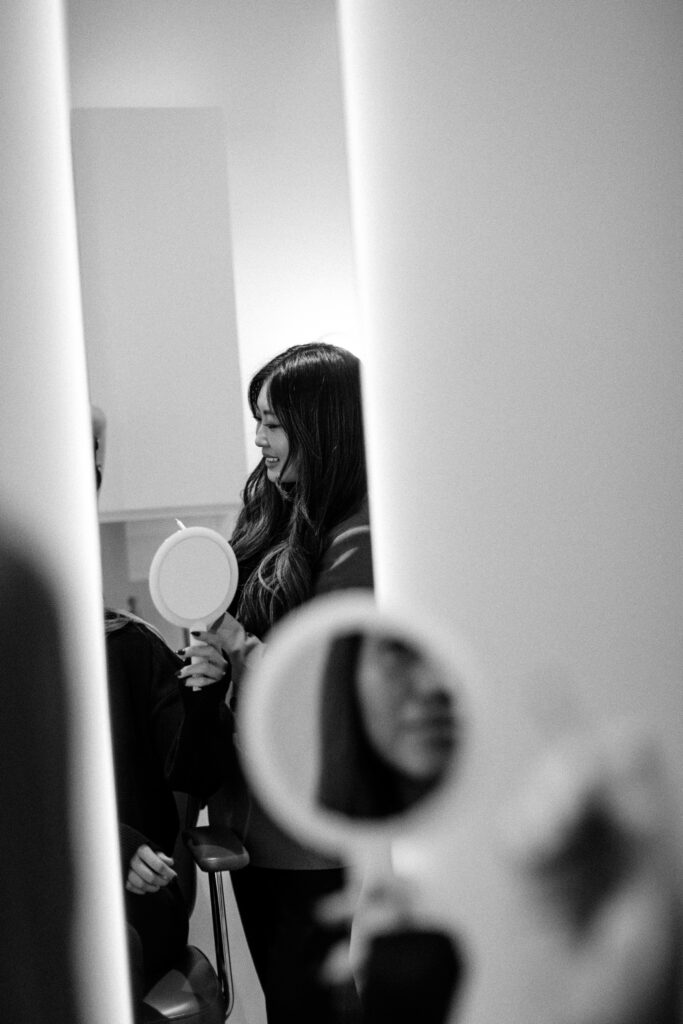
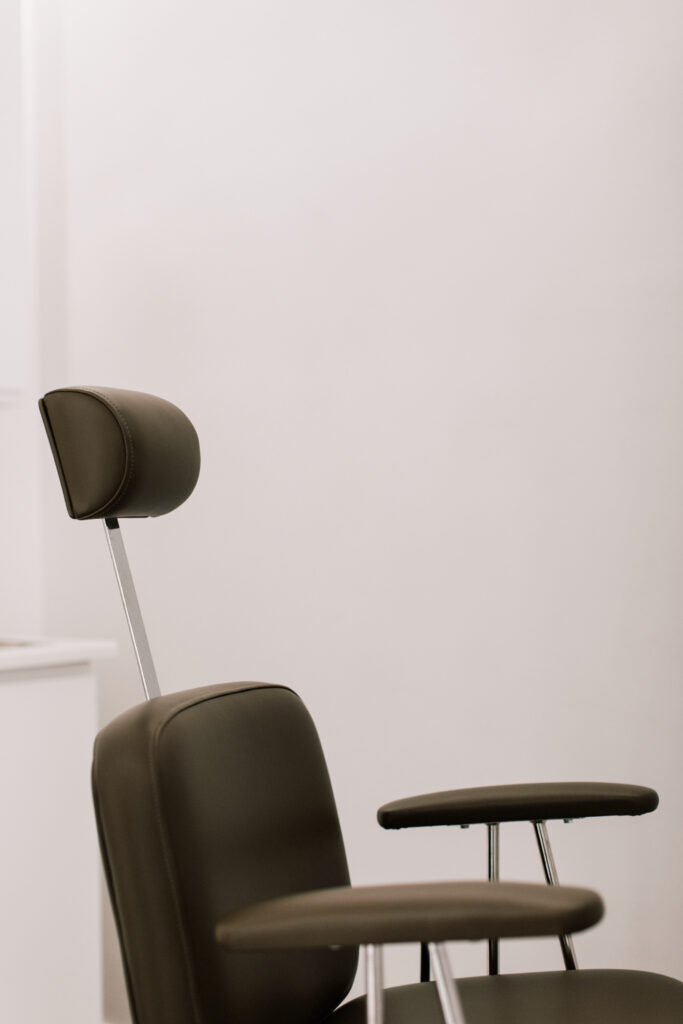
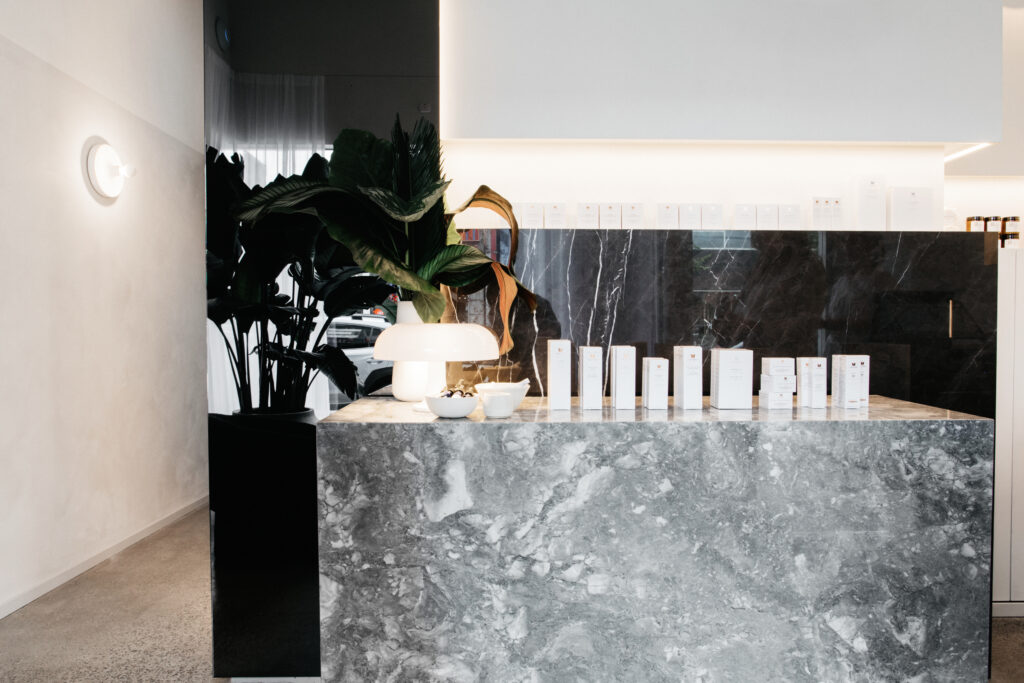
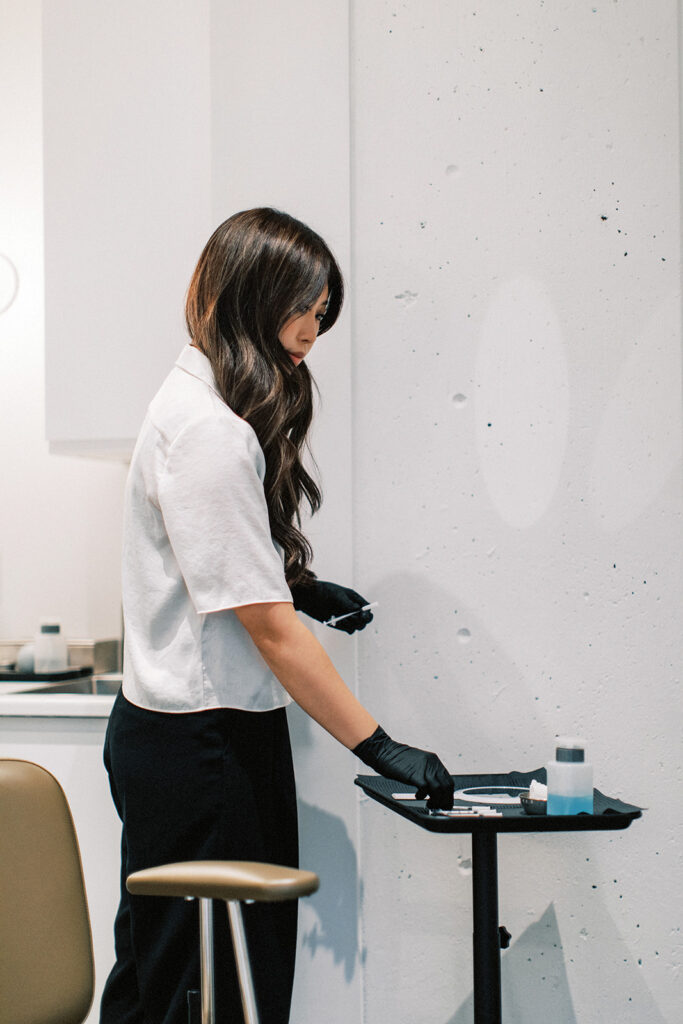
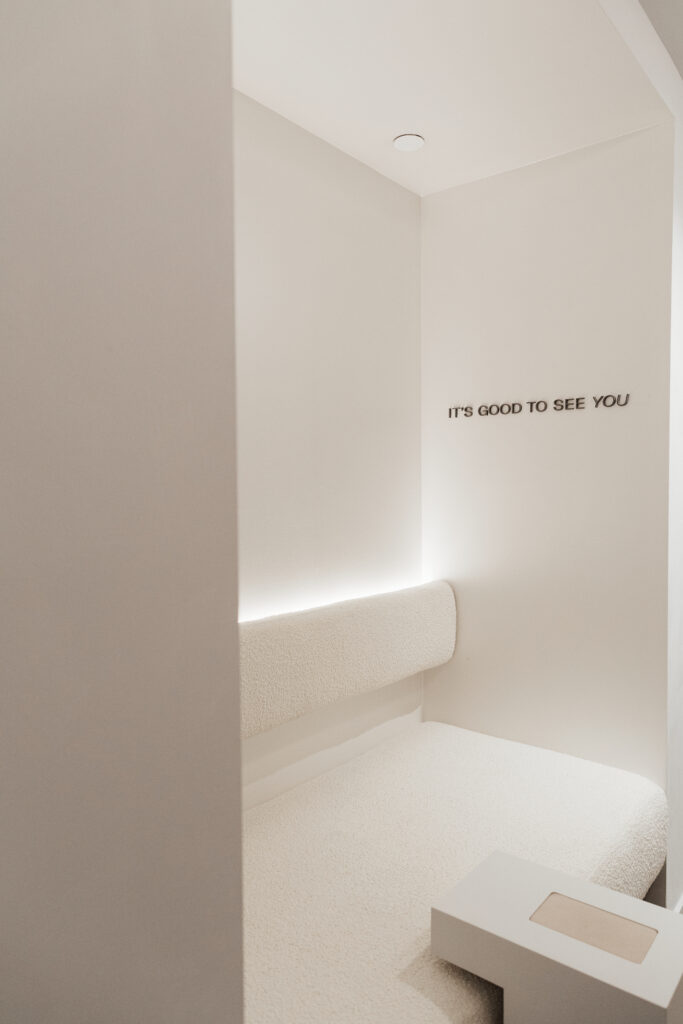
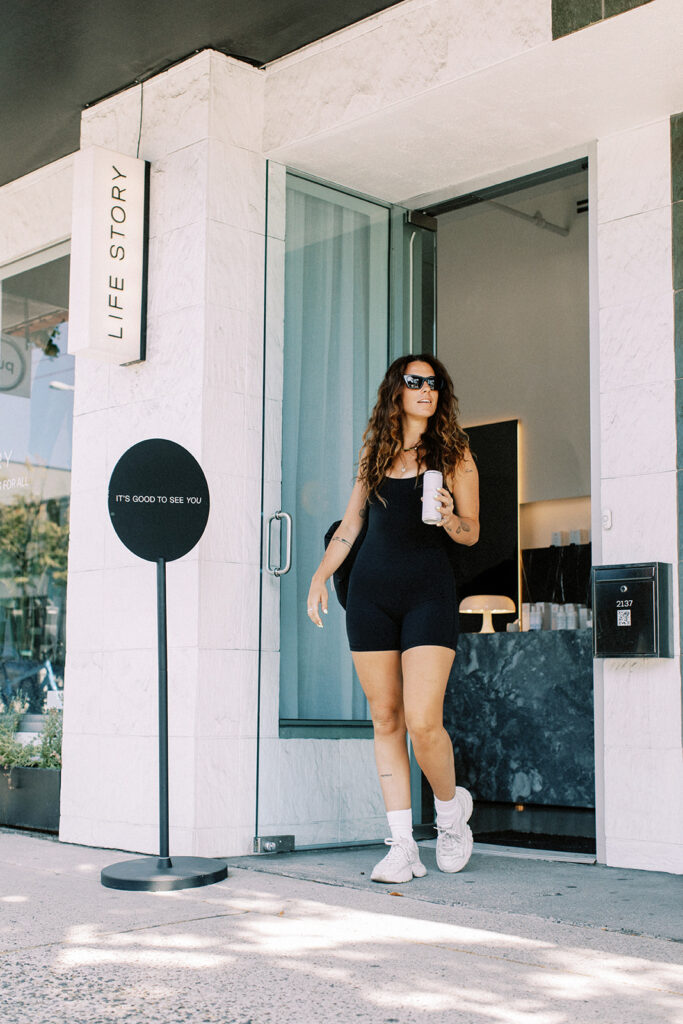
Be the first to comment